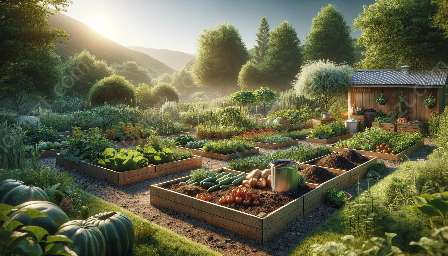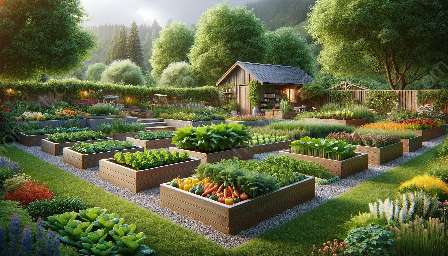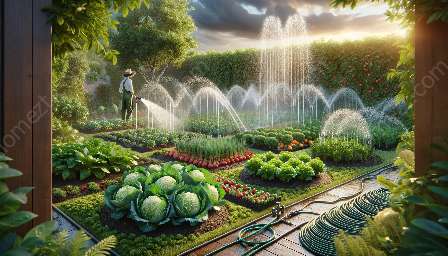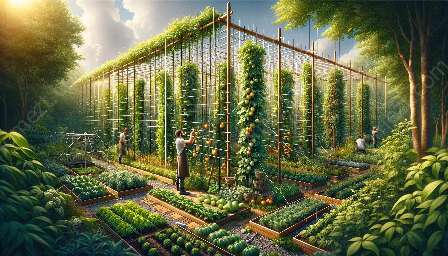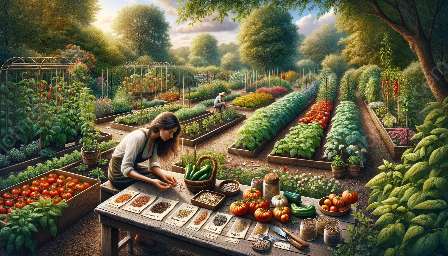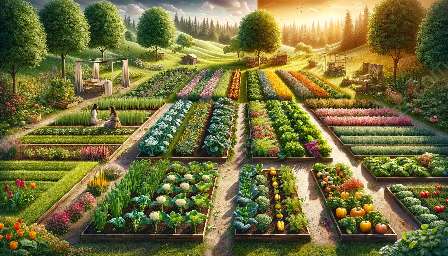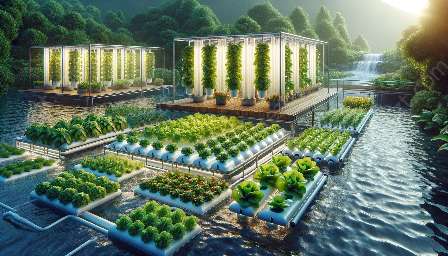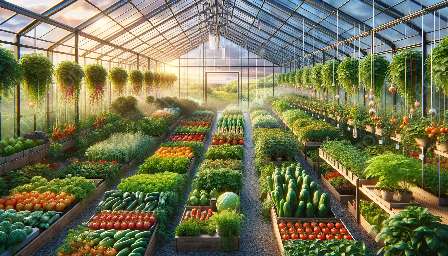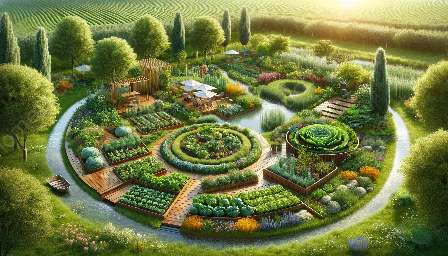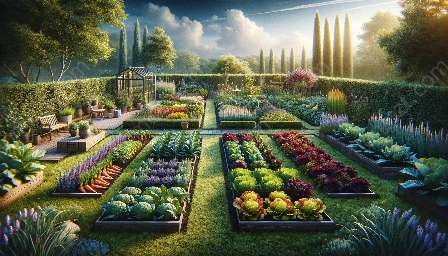Organic gardening is more than just a trend; it's a way of life that promotes sustainable and eco-friendly practices for growing fruits, vegetables, and flowers. By prioritizing soil health, natural pest control, and biodiversity, organic gardening creates a harmonious environment that benefits both plants and the planet. This comprehensive guide will explore the principles, benefits, and techniques of organic gardening, with a focus on how it complements vegetable gardens and landscaping.
Understanding Organic Gardening
What is Organic Gardening?
Organic gardening is the practice of growing and nurturing plants using natural and sustainable methods, avoiding synthetic pesticides, herbicides, and fertilizers. This approach focuses on working with nature rather than against it, while promoting a holistic and balanced ecosystem in the garden.
Principles of Organic Gardening
Organic gardening is based on several key principles:
- Soil Health: Building and maintaining healthy soil through composting, mulching, and crop rotation.
- Biodiversity: Encouraging a wide variety of plants, insects, and other organisms to maintain a balanced ecosystem.
- Natural Pest Control: Using companion planting, beneficial insects, and natural predators to manage pests and diseases.
- Chemical-Free Practices: Avoiding synthetic chemicals and instead using organic fertilizers and natural amendments.
Benefits of Organic Gardening
Embracing organic gardening offers numerous advantages for both the gardener and the environment:
- Healthier Produce: Organic fruits and vegetables are free from harmful chemical residues, making them safer and more nutritious.
- Environmental Conservation: By avoiding synthetic inputs, organic gardening reduces pollution, protects biodiversity, and conserves water and soil resources.
- Enhanced Soil Fertility: Organic practices improve soil structure and fertility, leading to better plant growth and resilience.
- Support for Pollinators: Organic gardens provide a habitat for bees, butterflies, and other pollinators, contributing to overall ecosystem health.
Organic Gardening in Vegetable Gardens
Maximizing Vegetable Garden Productivity: Organic gardening principles can significantly enhance the productivity and quality of vegetable gardens:
- Companion Planting: Pairing compatible plants to promote natural pest control and improve yields.
- Organic Soil Amendments: Using compost, organic fertilizers, and cover crops to enrich and balance the soil, supporting vigorous vegetable growth.
- Natural Pest Management: Attracting beneficial insects and employing non-toxic pest control methods to protect vegetable crops from pests and diseases.
- Chemical-Free Harvest: Enjoying the peace of mind that comes with growing and consuming organic, chemical-free vegetables from your garden.
Organic Gardening and Landscaping
Creating Beautiful, Sustainable Landscapes: Incorporating organic gardening practices into landscaping offers aesthetic and environmental benefits:
- Native Plant Landscaping: Choosing native plants and incorporating them into an organic landscape design can attract wildlife, conserve water, and reduce maintenance needs.
- Low-Impact Maintenance: Organic landscaping minimizes the use of gas-powered equipment and synthetic chemicals, reducing the environmental impact of garden maintenance.
- Harmonious Outdoor Spaces: Organic gardening promotes the creation of tranquil, biodiverse settings that connect people with nature and provide sanctuary for wildlife.
Conclusion
Organic gardening is a rewarding and sustainable approach that aligns with the principles of ecological stewardship and healthy living. By embracing organic practices in vegetable gardening and landscaping, you can cultivate thriving, beautiful spaces that nourish both body and soul while promoting environmental well-being. Whether you're a seasoned gardener or just starting out, organic gardening offers a wealth of benefits and opportunities to connect with the natural world.


